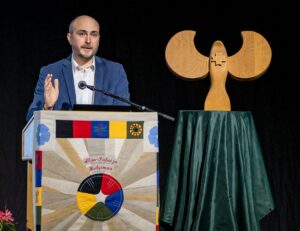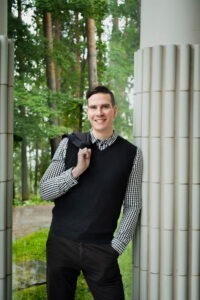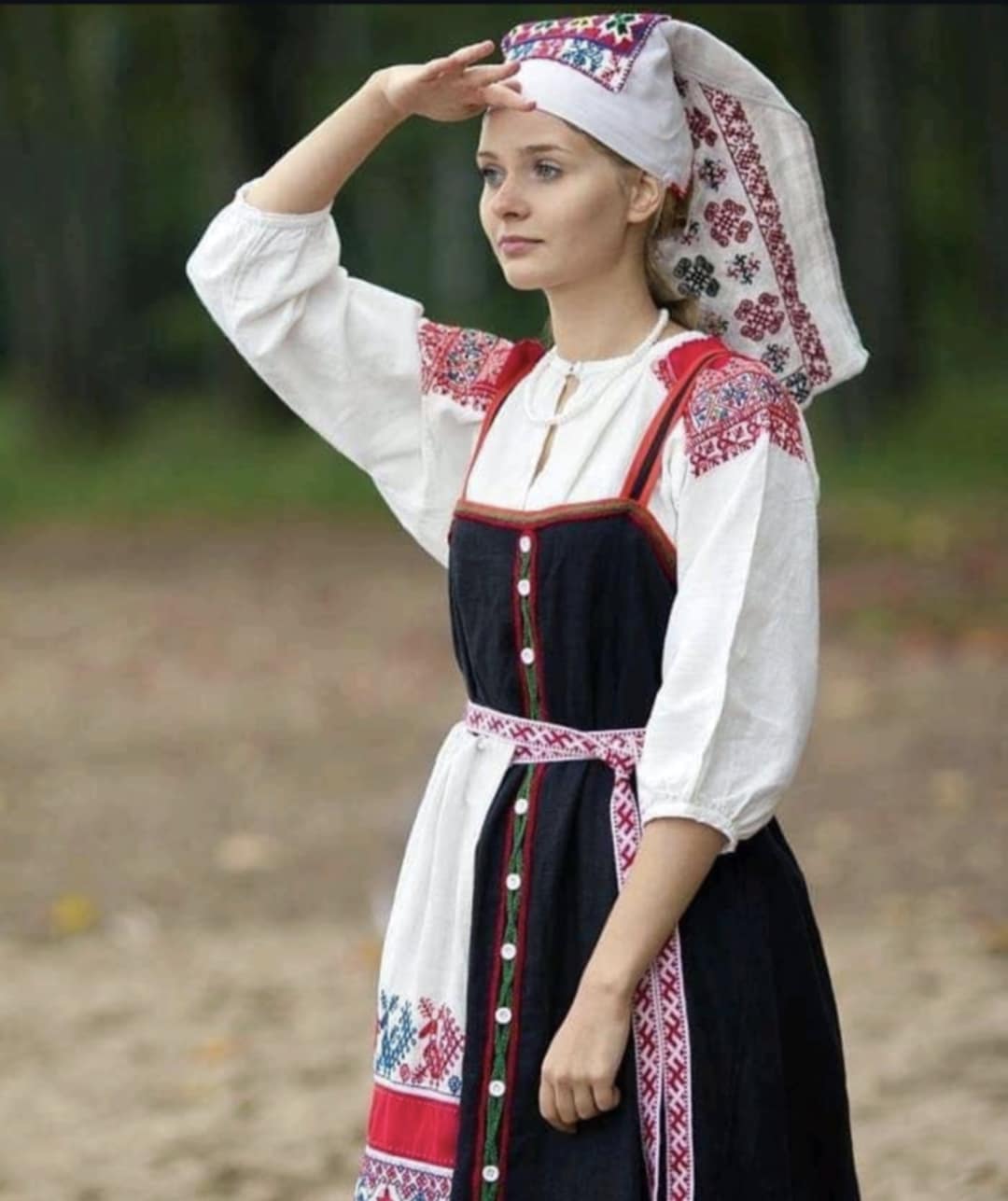The Secretariat of Finno-Ugric Capitals of Culture manages the overall programme and administers annual competitions of Finno-Ugric Capitals of Culture. Currently, the Secretariat consists of four members: Oliver Loode, Aleksi Palokangas, Elizaveta Sabolotni and Peter Aranyi.

Oliver is an expert of Indigenous peoples’ and national minorities’ rights, having previously served as member of the United Nations Permanent Forum on Indigenous Issues (UNPFII) and the Advisory Council of the Framework Convention for the Protection of National Minorities (FCNM). He is also a Finno-Ugric activist who has been with the cultural capitals programme from the start. Oliver is responsible for the overall development and coordination of the Finno-Ugric Capitals of Culture programme.

Aleksi is a Finnish Finno-Ugric activist based in Jyväskylä. He has been the chairman of Sukukansojen ystävät NGO (Friends of Kindred Peoples) since 2023. Sukukansojen ystävät is among the most prominent NGOs in Finland working on Finno-Ugric issues. Aleksi has collaborated with the Finno-Ugric capitals of culture programme since 2021. In the Secretariat, he is responsible for promoting the Finno-Ugric Capitals of Culture programme in Nordic Countries and among ths Finnic diaspora worldwide. He is also writing a doctoral thesis about receptive multilingualism on Finnic languages such as Estonian and Finnish, and as an avid Estophile he hopes that the Finno-Ugric movement could rely more on this kind of communication.

Elizaveta is an Izhorian and Finno-Ugric activist based in Estonia. In the Secretariat, Elizaveta’s role is to inform Finno-Ugric peoples in the Russian Federation about the capitals of culture programme.

Peter is an expert of public relation and institutional communication. Since 2009 he has worked as journalist and PR adviser in the private sector. Peter was a member of the Finno-Ugric Capitals of Culture secretariat also in 2015-2017, including at the time when two Hungarian towns - Veszprém and Iszkaszentgyörgy - shared the cultural capital title in 2016. Currently, Peter is responsible for promoting the Finno-Ugric Capitals of Culture programme in Hungarian-speaking World, including in Hungary, the Carpathian Basin and the Hungarian diaspora worldwide.